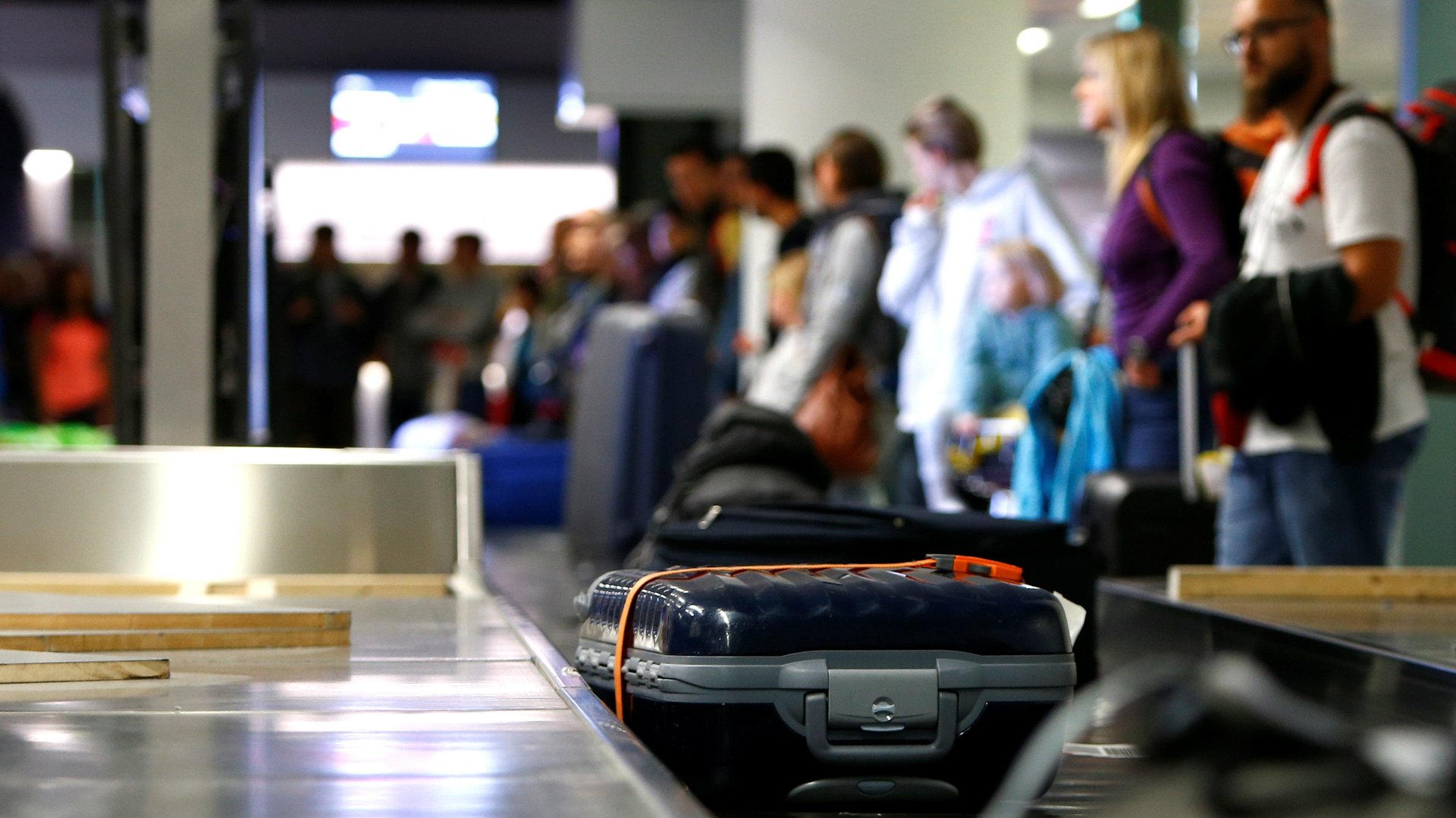How much chaos will international travelers put up with for a cheap fare?
It’s fair to say that booking trans-Atlantic travel isn’t what it used to be. While some fares are lower than ever, passengers must work harder than ever to understand what, exactly, they’re paying for. The question is: is this climate better for airlines or for passengers themselves?


It’s fair to say that booking trans-Atlantic travel isn’t what it used to be. While some fares are lower than ever, passengers must work harder than ever to understand what, exactly, they’re paying for. The question is: is this climate better for airlines or for passengers themselves?
The Department of Transportation under the Trump administration certainly isn’t helping on the passenger side. News broke last week that the DOT would be dropping the Obama-era proposal requiring airlines to disclose all baggage fees at the time of booking. While the rule was proposed just before Trump took office and was not yet in place—the DOT deemed it was of “limited public benefit”—industry watchers say there is plenty of need for it. It would have required fees for both checked bags and carry-ons to be revealed “when fare and schedule information is provided”—in other words, the first time consumers see the ticket price, not once they are several steps into the the booking process.
This is significant in a climate where the industry has entered a kind of race to bottom, with mainline carriers trying to keep up with low-cost, long-haul carriers like Norwegian Air and WOW Air. According to John Grant, Senior Analyst at OAG, the low cost carrier (LCC) market is quickly firming its grip on the competitive trans-Atlantic route: “In December LCC capacity across the Atlantic is some 72% higher than the previous year and now accounts for some 7.34% of all capacity offered, so still growing.”
One of the ways that mainline and legacy carriers are trying to hold on to their diminishing share is by “unbundling,” or offering customizable tickets at multiple levels beyond the typical economy, business, and first classifications. But while this may offer more choice, it can also come with more costs. Delta airlines, for instance, just announced that it will begin charging $60 for a checked bag for passengers flying on its Basic Economy international tickets. While charging for checked baggage on international flights is standard practice in the low-cost long-haul sector, this is possibly the first time a legacy or full-price carrier is charging extra for checked baggage on an international flight
AirFrance and KLM are looking to follow suit by introducing new multi-level fares across the Atlantic next year. This “Light” economy option will be a hand baggage-only ticket that, like Delta, will charge an additional €50 ($59) for a checked bag. The more expensive “Standard” and “Standard Plus” economy tickets will include a checked bag as well as other flexible booking options, meaning passengers will need to do even more parsing among options to find the best deal.
It’s clear that this competitive climate has put a further onus on travelers to search hard for the best deal—especially amidst a scarcity of up-front information about what exactly they’re paying for. But according to Rafat Ali, founder of travel intelligence website Skift, the threat that low-cost carriers have posed to the likes of Delta is, ultimately, an overall win for passengers looking for flights in this market.
“The conventional wisdom was that nobody was going to do a low cost [services offering] on long-haul flights but turns out that’s not true. The unbundling has happened and consumers have accepted it begrudgingly.” Ali said. “I think that on the economy side it’s certainly a boon for passengers—it’s getting a lot cheaper to travel different places in the world.”
Ali notes that the real challenge for mainline airlines will be how to “make the transition from full service airline to a hybrid between those.” After all, if a slew of airlines will offer low cost tickets in exchange for no bag or meal, then other differentiators such aircraft age and type might begin to matter even more. Norwegian, for instance, has one of the youngest fleets in the industry and passengers may specifically want to fly it.
“Six or seven years ago…everyone was up in arms against airlines fees. Well, guess what, that thing is normal now. So at least on that front airlines won,” Ali said. “I think charging [baggage] fees like these is going to become even more normal, even on international routes.”